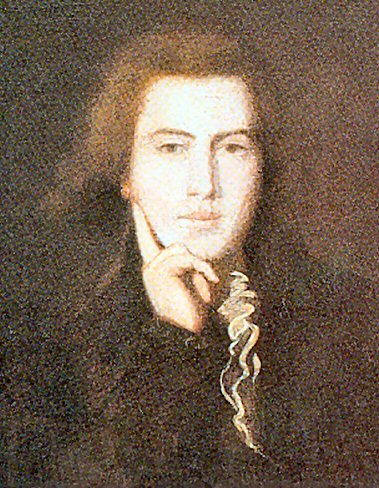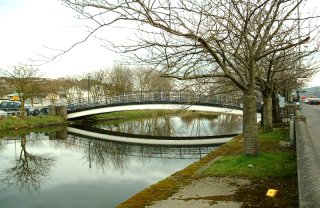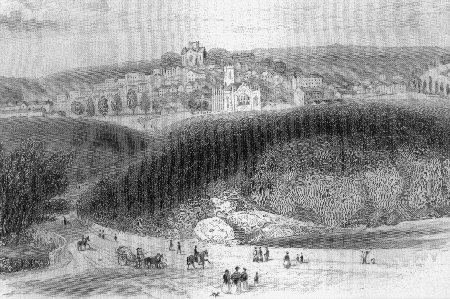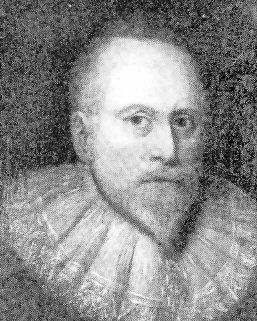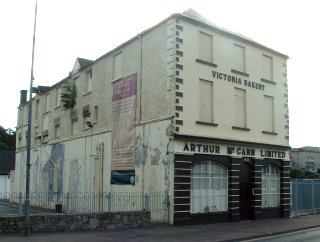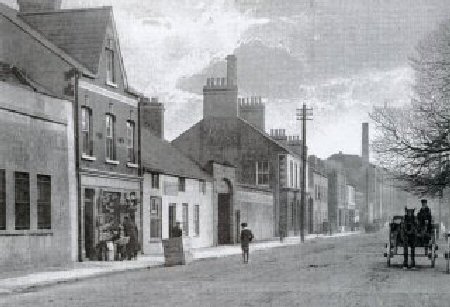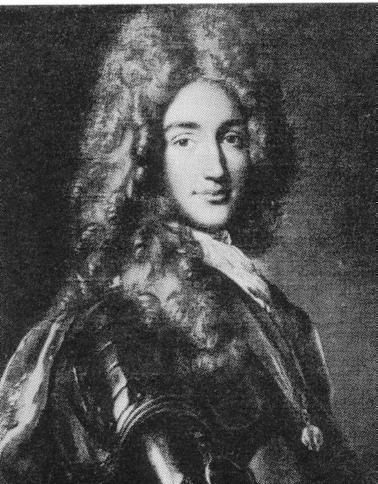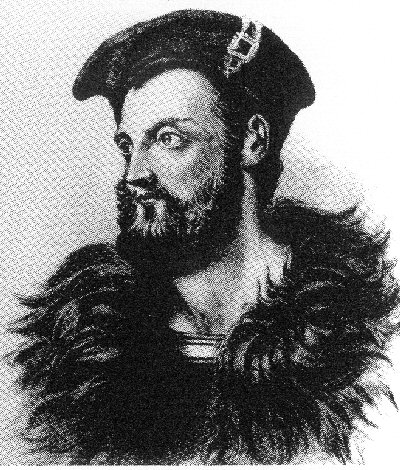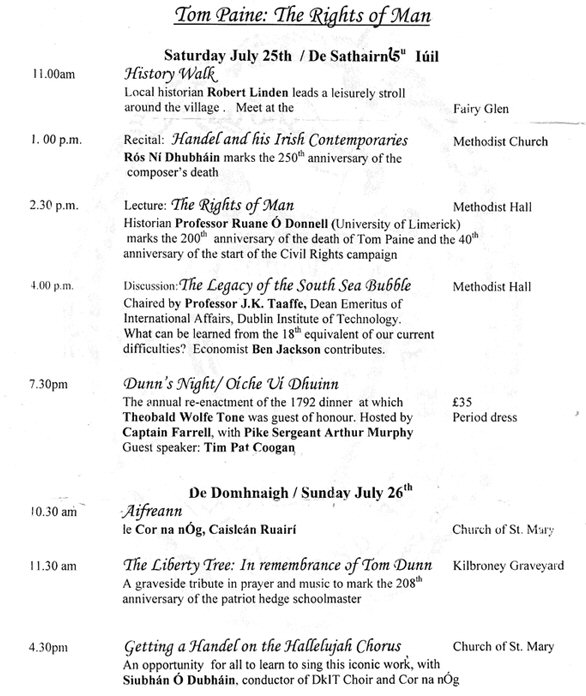We mentioned again recently Newry’s Arch-Traitor Samuel Turner (The Glen on Newry’s
Pre 1800
Orkney Butchers
A large body of Scottish troops under Major-General Robert Munroe landed in Carrickfergus on 15 April 1642 to assist in repressing the insurrection.
Death of Redmond O’Hanlon
It was not unusual for gentlemen of means, compelled to travel through that countryside, to seek a military escort.
Bagenal deaths
In 1567 Nicholas Bagenal eventually returned to favour with the English administration courtesy of friends in high places such as his patron Robert Dudley, the Earl of Leicester (Nicholas named one of his three sons Dudley) who himself was a friend of Queen’s favourite Sir Henry Sidney (a few times Lord Deputy of Ireland).
Knights Templar in Newry
We assume, partly because a full page of the local Democrat was alloted to the story, that some research was undertaken into the authenticity of this story.
Monaghan Street O’Hanlons: 18 C
Last time we got as far as Hugh O’Hanlon of Newry, born 1721 who survived to 1 April 1807. By his wife
Berwick burns Newry
Just as we look back to previously published works on Newry, so too Bradshaw (1820) looks back for enlightenment to an ‘old County Down Survey’ of 1740.
O’Hanlons banished
Sir Oghie O’Hanlon, the last of the line to hold the title The O’Hanlon, and the last to live in the ancient O’Hanlon Castle at Tanderagee (the Tayto Castle today) ….
Thomas Dunne
Thomas Dunne Society of Rostrevor has a most eminent patron, President Mary McAleese and a hugely talented director, Suibh
As mentioned in other articles here, the Yeomen Volunteers fulfilled the role of a home guard towards the close of the eighteenth century when
That the local United Irishmen were mainly Protestant (though Presbyterian, and thus despised as dissenters by militant proponents of the established Church) did not in any way cause the Yeomanry to mitigate the severity of their repression in the aftermath of the 1798 Rebellion. Though the Major Hall of the time tried to exercise restraint, he was often absent and those under him who then took command gave free rein to their savagery.
A spy divulged the name of Thomas Dunne, as a member of the Society of United Irishmen, to one such second officer. He marched his yeomen through a stormy night in order to wrench the hapless peasant from his cottage home (close to today’s
At a military court the next day held in the military barracks at
Thomas was sentenced to 250 lashes of the cat-‘o-nine-tails at the triangle on
Though an account, passed on in oral tradition, exists, it is much too harrowing to relate the details of this punishment, laid on with enthusiasm by two burly soldiers. The 250 lashes had been almost completed when Major Hall returned on the scene and ordered a halt. The victim was close to death and, indeed, died soon after despite medical efforts to revive him.
The historical evidence of the reputed worldly retribution later exacted on the perpetrators is sketchy. It is said that the second officer was later piked to death in an encounter with the United Irishmen. The principal scourger, we are told, later lost the power of his (offending) right arm, and his nights were haunted by the vision of Thomas Dunne’s mutilated body.
[P.S. Similar savagery was witnessed throughout the country. The High Sheriff of Tipperary, one Thomas Judkin Fitzgerald, as a Yeoman Commander was particularly barbarous. His exploits are recounted in such histories as Canon Burke’s History of Clonmel and William J Hayes’
Fitzgerald too, it appears, failed to prosper thereafter, and was despised and downtrodden even by his imperious and overbearing wife up to his early death in 1810. This fact at least is documented, though hardly proof of the vengeance of providence.]
… Charter of Newry: The Context …
